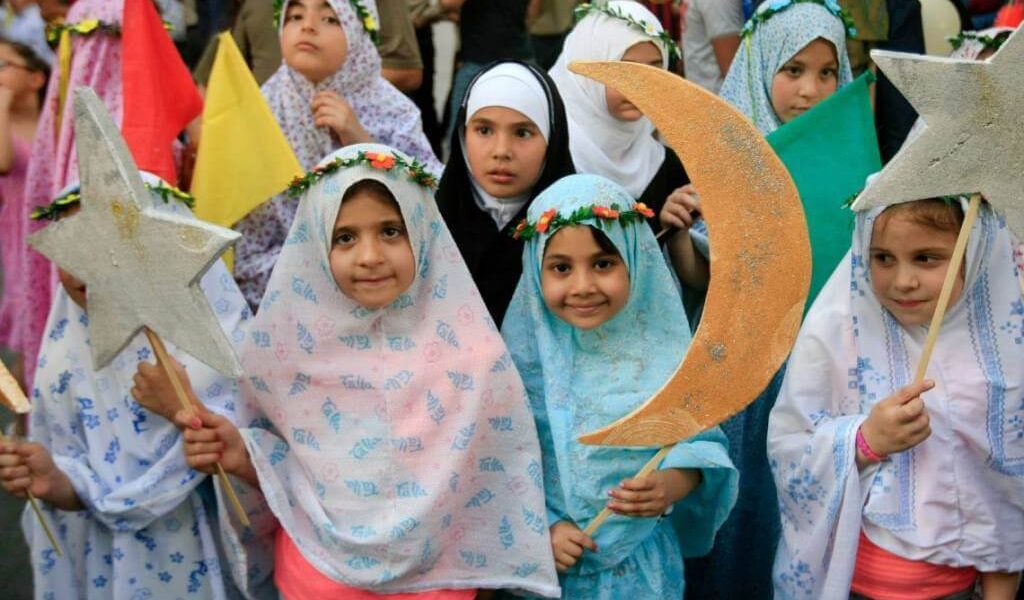The Best Insights on ‘Is Ramadan a Holiday?’
Introduction
For millions of Muslims worldwide, Ramadan—the ninth month according to the Islamic lunar calendar—is a time for introspection, growth, devotion, and fasting. In this blog post, we delve into the multifaceted aspects of Ramadan, examining its historical roots, religious significance, cultural variations, and the question that often arises: Is Ramadan a holiday?
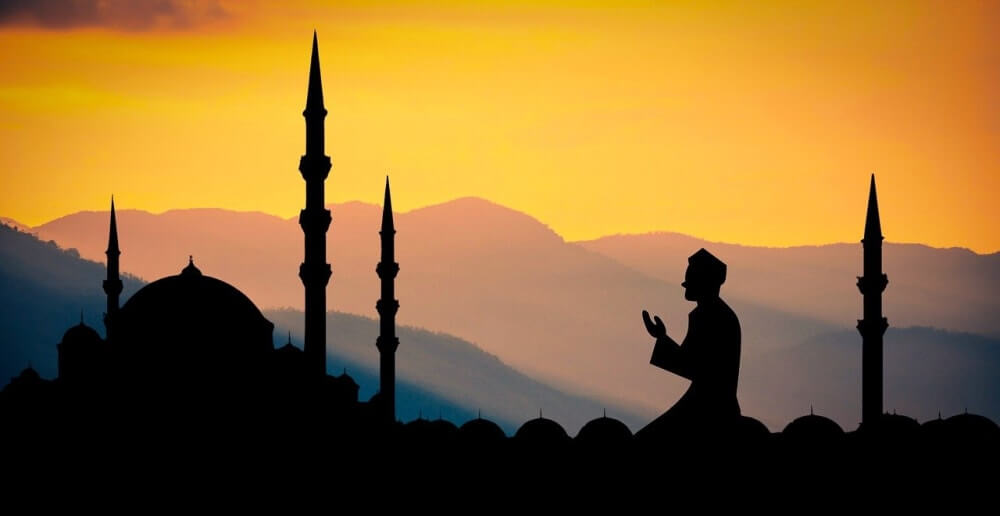
Understanding Ramadan: ‘Is Ramadan a Holiday?’
To truly appreciate the profound significance of Ramadan, it’s imperative to delve even deeper into its historical and religious roots. Ramadan, an integral component of Islamic tradition, traces its origins to the 7th century. This historical timeline places it at a pivotal juncture, making it particularly significant to Muslims worldwide.
This event, known as Laylat al-Qadr or the Night of Power, unfolded in the Cave of Hira on the outskirts of Mecca. The celestial revelation, conveyed through the angel Gabriel to Prophet Muhammad, marked the beginning of a transformative journey for the Islamic faith.
As we reflect on this historical narrative, it becomes evident that Ramadan is not merely a series of rituals and practices; it is a spiritual continuum intricately woven into the fabric of Islamic history. The Quran, the holy scripture revealed during this auspicious month, serves as a guide for Muslims, shaping their beliefs, ethics, and moral compass.
The practices associated with Ramadan have evolved over the centuries, adapting to the changing landscapes of societies and cultures. Yet, the core purpose has endured: fostering spiritual growth and deepening the connection to Allah. The essence of Ramadan lies in the pursuit of heightened consciousness, self-discipline, and devotion to a higher purpose.
The transformative power of Ramadan extends beyond the individual, encompassing families, communities, and the global Muslim ummah. It is a time when the teachings of compassion, empathy, and generosity come to the forefront as Muslims engage in acts of charity and kindness. Fasting, the central tenet of Ramadan, serves as a conduit for self-reflection, purification of the soul, and a demonstration of solidarity with the less fortunate.
Is Ramadan a Holiday? Navigating the Interplay of Faith and Cultural Recognition
Now, in the context of understanding whether Ramadan is considered a holiday, we must navigate the intricate interplay of faith and cultural recognition. While the historical and religious significance of Ramadan is profound, the acknowledgment of this sacred month as a public holiday varies across different societies and nations.
The deliberation over whether Ramadan should be acknowledged as a public holiday involves considerations of religious freedom, equality, and the need for inclusive policies. It prompts societies to explore mechanisms that respect the diversity of beliefs while fostering an environment of mutual understanding and coexistence.
In this intricate dance between faith and cultural recognition, Ramadan emerges not only as a spiritual journey but as a symbol of the broader dynamics shaping contemporary societies. It serves as a touchstone for conversations about unity in diversity, religious pluralism, and the collective responsibility to create societies that respect and accommodate varied beliefs.
Challenges and Misconceptions: Nurturing Understanding in a Global Context
As the discourse surrounding Ramadan’s holiday status unfolds, it inevitably intersects with challenges and misconceptions that persist about this sacred month. Stereotypes and misunderstandings abound, fueled by misinformation and a lack of exposure to the diverse traditions within Islam.
In the global context, Ramadan is often misunderstood or oversimplified. The question of its status as a holiday further emphasizes the need for cultural literacy and education. By addressing these challenges head-on, societies can contribute to a more informed and inclusive narrative surrounding Ramadan.
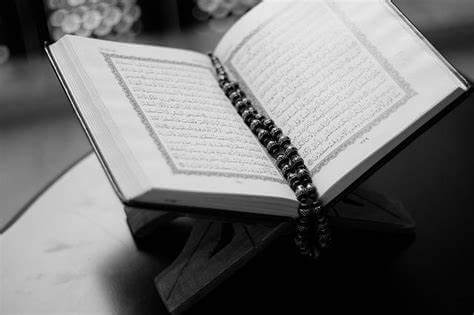
‘Is Ramadan a Holiday?’ Evolution in Modern Times: Navigating Tradition and Progress
In the contemporary era, Ramadan faces the dual forces of tradition and progress. Technological advancements and globalization have interconnected communities, providing a platform for Muslims worldwide to share their Ramadan experiences through social media and online platforms.
This virtual interconnectedness, while fostering a sense of global unity, also introduces new dynamics and challenges. The commercialization of Ramadan, for instance, raises questions about the intersection of tradition and modernity. As Ramadan-themed products flood the market and social media influencers engage in sponsored content, there is a delicate balance to strike between preserving the sacredness of the month and embracing the opportunities that technology provides for cultural exchange.
‘Is Ramadan a Holiday?’ Traditions and Customs
Several customs mark the month, each playing a vital role in the spiritual journey of Muslims. Suhoor, the pre-dawn meal, and Iftar, the meal to break the fast, bring families and communities together. Additionally, there is an increased focus on prayer, with special nightly Tarawih prayers during Ramadan. These traditions foster a sense of community and strengthen the spiritual connection among Muslims worldwide.
‘Is Ramadan a Holiday?’ Across Cultures
While Ramadan is a religious observance, its practices vary across cultures. From diverse regional traditions to unique interpretations of Islamic teachings, Ramadan manifests in different ways globally. Understanding these cultural nuances is crucial for fostering tolerance and respect. Even non-Muslims have come to appreciate the spiritual significance of Ramadan, leading to interfaith dialogues and collaborations that promote unity and mutual understanding.
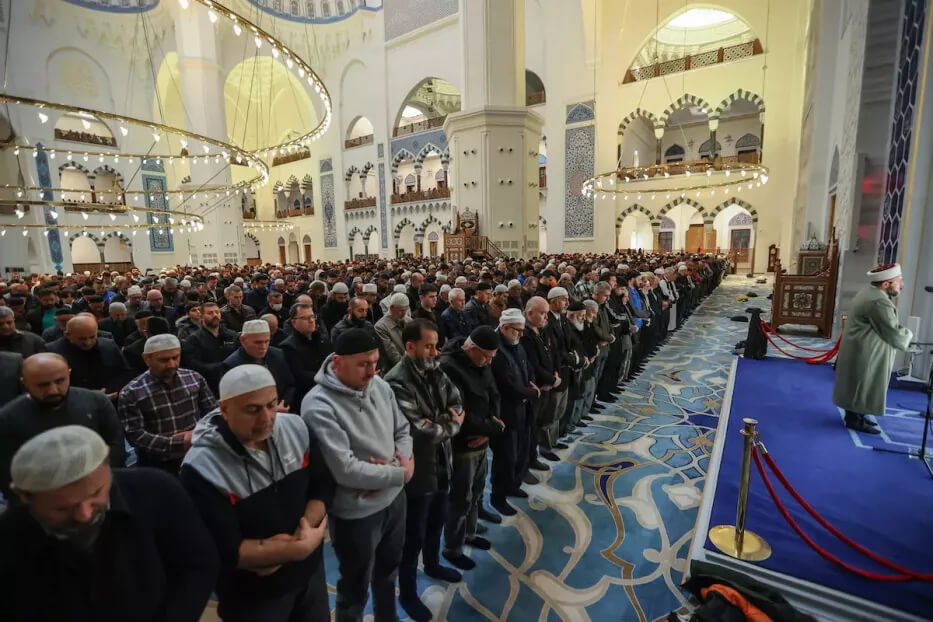
Is Ramadan a Holiday?
The status of Ramadan as a public holiday varies around the world. In predominantly Muslim countries, Ramadan is often recognized as a public holiday. This acknowledgment reflects the cultural and religious significance of the month, impacting daily life and business operations. However, in more diverse societies where different religions coexist, the question of whether Ramadan should be a public holiday remains a topic of discussion.
Countries where Ramadan is not a public holiday face the challenge of balancing religious diversity with the need for cultural sensitivity. While there might not be official days off, recognizing and respecting the observance of Ramadan becomes essential. Employers and employees alike must navigate this delicate balance to accommodate religious practices while maintaining a productive work environment.
Challenges and Misconceptions
Despite its widespread observance, Ramadan is not without its challenges and misconceptions. Stereotypes surrounding the month persist, often fueled by a lack of understanding. Addressing these misconceptions is crucial for fostering cultural awareness and promoting an inclusive society.
One significant challenge faced by Muslims during Ramadan is balancing work commitments with religious observance. As technology advances, the workplace must adapt to accommodate diverse spiritual practices. Creating an environment that respects and supports religious diversity benefits employees and enhances workplace morale and productivity. Examine the societal impact and festive elements, asking the thought-provoking question: Is Ramadan a holiday?
‘Is Ramadan a Holiday?’ Evolution in Modern Times
In the age of globalization and technological advancements, Ramadan has undergone significant changes. Social media platforms allow Muslims around the world to share their experiences, fostering a sense of global unity. However, these technological advancements also pose challenges to traditional practices, raising questions about how modernity intersects with religious observance.
Moreover, the globalization of Ramadan has increased awareness but also brought about both positive and negative consequences. While it promotes cultural exchange and understanding, it also poses challenges, such as the commercialization of the month.
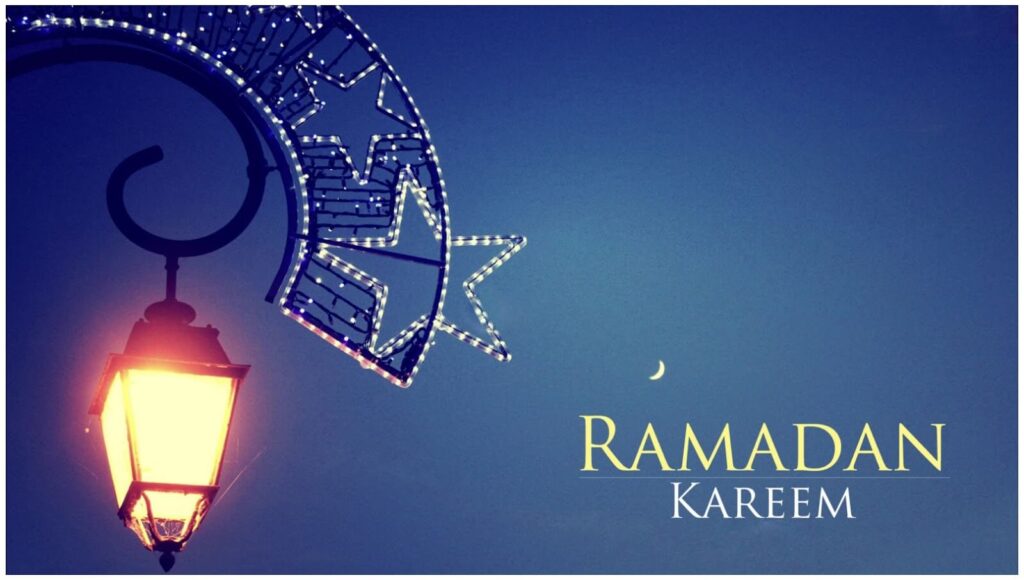
Conclusion: Is Ramadan a Holiday?
In conclusion, Ramadan is much more than just a religious observance; it is a time of spiritual reflection, unity, and cultural richness. Whether recognized as a public holiday or not, the importance of understanding and respecting Ramadan cannot be overstated. Building a peaceful and inclusive society requires encouraging worldwide respect for the diversity of cultural and religious traditions as the globe grows more linked.
Contemplate the intersection of spirituality and festivity, asking: Is Ramadan a holiday in diverse communities?

